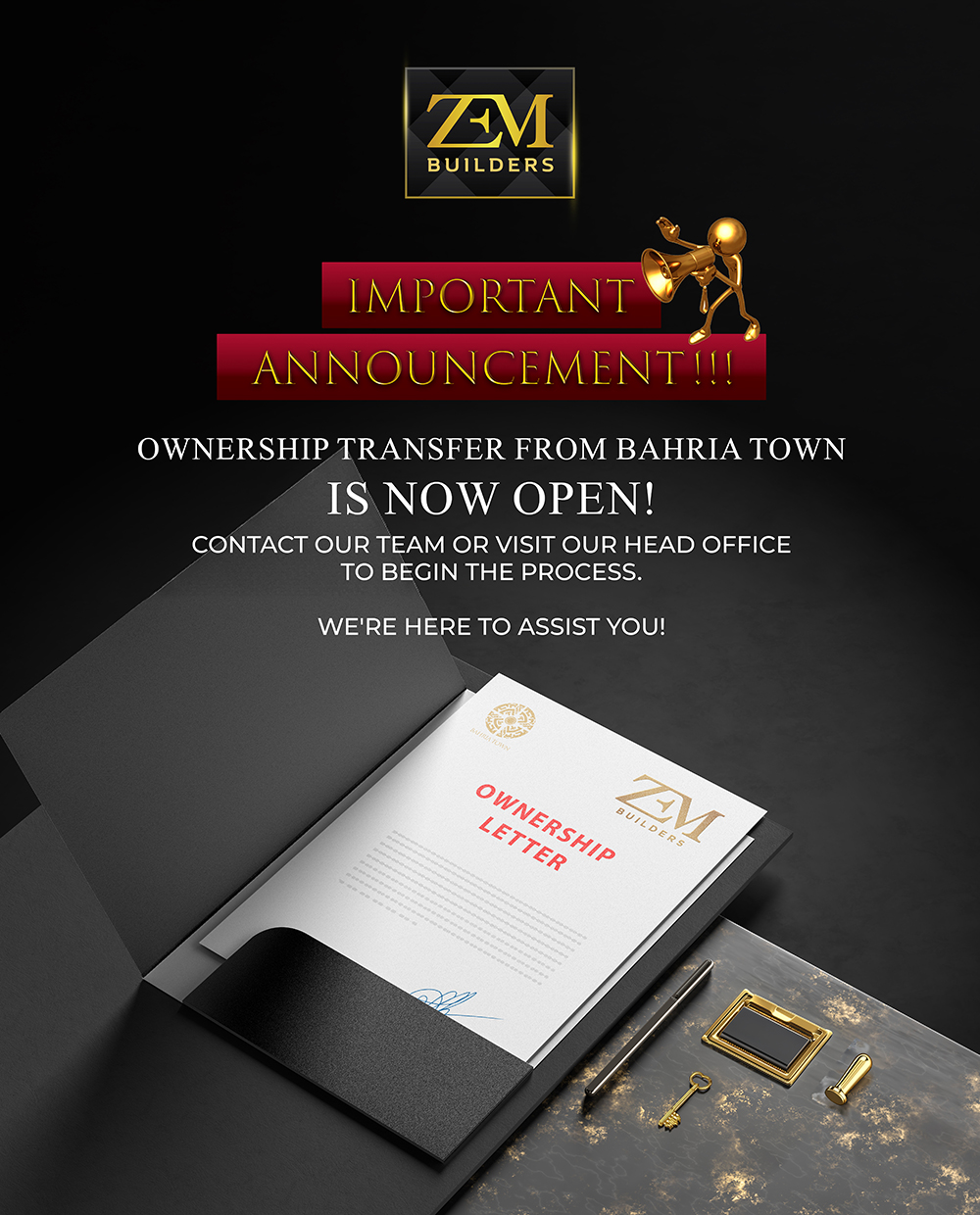Great 15 Tips for Creating a Real Estate Investment Plan

Real estate investment can be a profitable venture if you have Tips for Creating a Real Estate Investment Plan. Investing in real estate requires a strategic approach to maximize returns and mitigate risks. In this article, we’ll cover some tips for creating a real estate investment plan.
Understanding the Market
Before investing in real estate, it’s essential to understand the market. This includes analyzing the demand and supply trends, average property prices, and rental rates. You can gather this information from real estate websites, local real estate agents, and government reports.

Defining Your Investment Goals
To create a successful real estate investment plan, you need to define your investment goals. This includes determining the type of property you want to invest in, the amount of money you want to invest, and the expected returns on investment. Having clear investment goals will help you focus on properties that align with your investment objectives.
Identifying the Right Location
Location plays a critical role in real estate investment. You need to invest in a property located in a desirable neighborhood that’s accessible and has potential for future growth. Consider factors such as proximity to public transport, schools, hospitals, and shopping centers.

Assessing Property Condition
It’s important to assess the condition of the property you want to invest in. This includes inspecting the property for any structural damages, pests, and necessary repairs. Hiring a professional inspector can help you identify any potential issues and ensure the property meets the required safety standards.
Analyzing Investment Financing Options
There are several financing options available for real estate investment, including traditional mortgages, hard money loans, and private lenders. You need to assess the financing options available to you and choose the one that aligns with your investment goals.
Tips for Creating a Real Estate Investment Plan for the Realistic Budget
Creating a realistic budget is crucial in real estate investment. You need to account for all expenses, including property purchase costs, repairs, and maintenance costs. You also need to factor in the expected returns on investment to ensure your investment is profitable.

Developing an Exit Strategy
Having an exit strategy in place is critical in real estate investment. This includes determining when you want to sell the property and at what price. You also need to assess the potential risks and returns on investment when developing an exit strategy.
Diversifying Your Real Estate Portfolio
Diversifying your real estate portfolio is important in mitigating risks and maximizing returns. You can diversify by investing in different property types, such as commercial and residential properties, and in different geographic locations.
Building a Reliable Team
Building a reliable team of professionals is critical in real estate investment. This includes real estate agents, attorneys, property managers, and contractors. You need to work with experienced professionals who can provide valuable insights and ensure your investment is successful.
Staying Up-to-Date with the Market Trends

Staying up-to-date with the market trends is crucial in real estate investment. This includes keeping track of market fluctuations, changes in property prices, and rental rates. You can subscribe to real estate newsletters, attend industry events, and join real estate investment groups to stay informed.
Incorporating Technology
Incorporating technology can help streamline your real estate investment activities. This includes using online real estate platforms to search for properties, virtual tours, and online property management tools. Technology can help you save time, reduce costs, and improve your investment decision-making.

Conducting Due Diligence
Conducting due diligence is critical in real estate investment. This includes researching the property’s history, zoning laws, and any potential legal issues. You can hire a real estate attorney to help you conduct due diligence and ensure the property meets the required legal standards.
Maintaining Your Investment Property
Maintaining your investment property is essential in ensuring its long-term profitability.
Regularly Reviewing and Updating Your Investment Plan
Real estate investment is not a one-time activity; it’s a continuous process. You need to regularly review and update your investment plan to reflect the changing market trends and your investment objectives. This includes adjusting your investment strategy, diversifying your portfolio, and exploring new investment opportunities.
Taking Advantage of Tax Benefits
Real estate investment offers several tax benefits, such as property tax deductions, mortgage interest deductions, and depreciation deductions. You need to consult with a tax expert to understand how you can take advantage of these tax benefits and reduce your tax liability.
Networking with Other Investors
Networking with other real estate investors can help you gain valuable insights and learn from their experiences. You can join real estate investment clubs, attend real estate conferences, and connect with other investors on social media platforms. Networking can help you build a support system and get access to new investment opportunities.
Conclusion (Tips for Creating a Real Estate Investment Plan)
Tips for Creating a Real Estate Investment Plan requires a strategic approach and a thorough understanding of the market. You need to define your investment goals, identify the right location, assess the property condition, and develop a realistic budget. You also need to stay up-to-date with the market trends, incorporate technology, and build a reliable team. By following these tips, you can create a successful real estate investment plan that maximizes returns and mitigates risks.

For reading more articles, please visit the link

